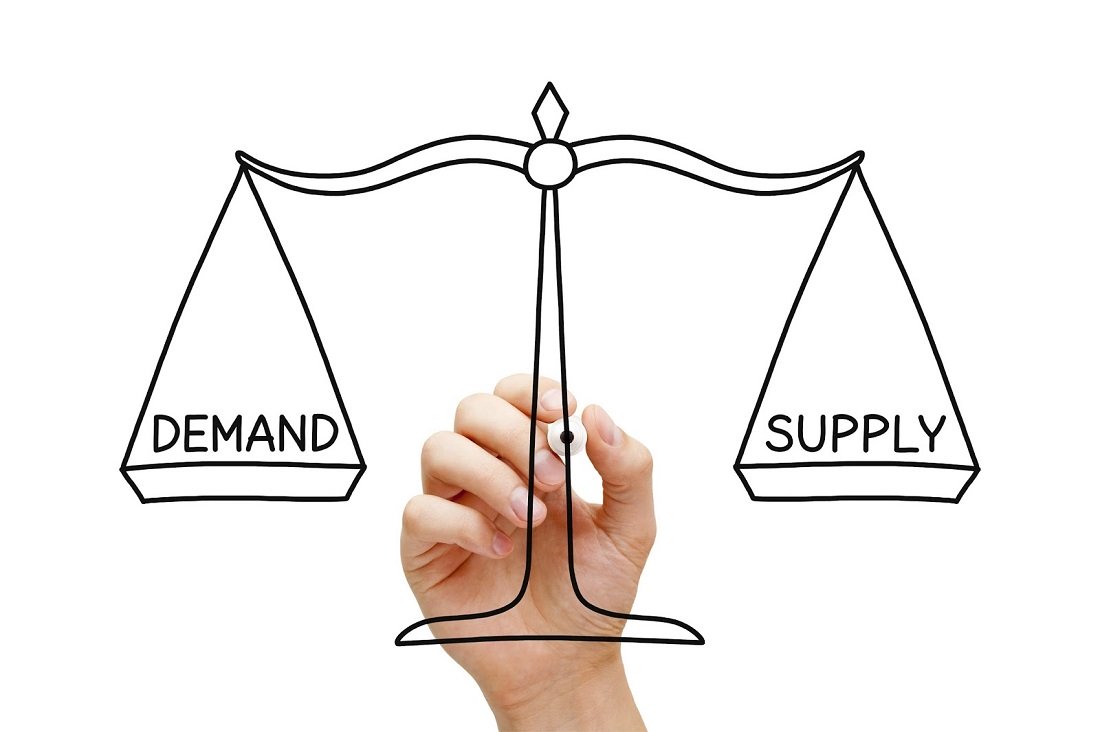
09 Jul Rent increases
You take on an investment so that it will make money for you. There are two ways this can happen with a rental property. The first, capital gain, is somewhat passive. The second, rent returns, requires more of the investor’s attention. It is important that you review the rent on your property on at least an annual basis.
Factors to consider in the rent review
Outgoings – what it costs to run your property:
- mortgage rates
- council rates and strata levies
- insurance
- utilities not covered by the tenant
- repairs and maintenance
- accounting and legal costs
- management fees
It should not be a difficult exercise to calculate the annual cost of these items. Then divide that cost by 12 and also by 52 to determine the monthly and weekly cost of owning the property. Does the rent cover these costs?
Demand in the local market – the rental market is really one of the purest examples of the economic concept of supply and demand. It is the law of economics and the law of the rental market. Essentially, the greater the supply of rental properties, the lower the rents will be. You must consider this pervading force if your are looking to increase the rent on your property.
There are many rental markets in Australia at the moment where supply is significantly outstripping demand. Indicators of this are things like extended vacancy periods, few attendees at open homes, rent incentives being offered (especially by property developers) and applicants negotiating rent down.
If your investment is located in such a market, you may not be in a position to increase the rent – even if the rent is falling behind outgoings.
How to increase the rent
There are specific guidelines for rent increases that must be followed. Generally speaking, rent cannot be increased during a fixed term tenancy unless there is a clause in the lease allowing for this. Such a clause cannot contravene the legislation. So, if your state’s legislation says that rent can only be increased once per year, you cannot have a clause in the lease increasing rent every 3 months.
Notice Periods
You must give sufficient notice to the tenant of a rent increase. All states have a 60 day notice period except for the Northern Territory where the time is 30 days. These time periods cannot be shortened. If you wish to schedule a rent increase to occur at the time of a lease renewal, you will need to factor in the notice period required. Otherwise you will need to have the new lease start on one date, and the rent increase on another.
A notice of rent increase must be given in writing. New South Wales, the Northern Territory, South Australia, Victoria and Western Australia have a statutory form to use. The ACT, Queensland and Tasmania do not.
The amount of the increase
All states stipulate that any increase must be ‘reasonable’. The accepted definition of this term is an increase of no more than 5%. However, be very mindful of the prevailing market conditions when arriving at the amount of the increase.
If you have failed to review and increase the rent during a lengthy relationship with the tenant, you cannot play catch-up and impose a heft increase. The tenant has the right to challenge the increase with the appropriate authorities. They will win.
The rule of thumb for rent: regular reviews and reasonable rates
Revisit these related Honest Broker posts:



Sorry, the comment form is closed at this time.